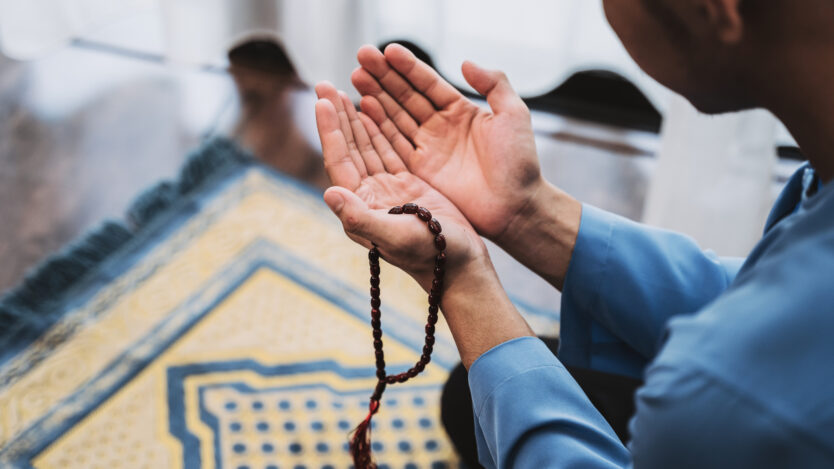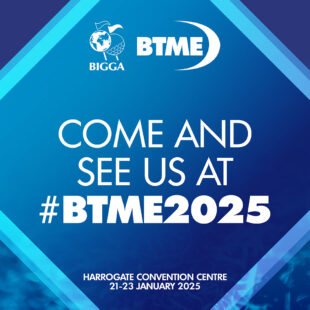Ramadan is considered one of the most spiritual times of the year for Muslims, and employers need to be empathetic to any employees who will mark the occasion by fasting throughout daylight hours.
Taking place from March 22 to April 21 this year (although the exact dates may vary, as the celebration is based on the lunar calendar), Ramadan signifies the time during which the Qur’an was revealed, and Muslims mark the event by not eating or drinking during the hours of daylight.
Fasting is one of the five core pillars of Islam, and it is not just the act of refraining from food and drink (yes, even water), it is an act of spiritual cleansing.
Requiring focused exertion on patience and prayer, Ramadan is a period of introspection, and a stillness of the mind to quell the desires of the body and feed the soul.
Mllions of Muslims around the world will observe fasting during the month of Ramadan, and this will impact many Muslims at work.
Employers should be sensitive to both the practical implications fo fasting, as well as heightened cultural and spiritual factors, as many Muslims understandably find Ramadan to be a period when their connection with their faith increases.
Eid is the celebration that marks the end of Ramadan – Eid al-Fitr translates as “the festival of the breaking of the fast” – and may also require understanding and sensitivity from employers.
Managers should be read in mind that people will be celebrating Ramadan in various ways, and that supporting Muslims at work during this time is not just thinking about what to say to someone fasting for Ramadan, but also about showing an understanding and considering how you can support individuals.
If any of your team are participating then there are several ways you can support your employees and make their Ramadan experience more manageable:
Be flexible: If their role permits, can you offer your Muslim employees later start times or earlier finishes?
Be accommodating: Be conscious of how long any meetings will be, and when they’ll be scheduled. Imagine combining your usual fatigue after back-to-back meetings with the effects of fasting.
Be curious: Take a genuine interest in what Ramadan means to your colleagues, and ask how you can support them and what has worked for them in the past.
Be bold: Learn some Ramadan greetings such as Ramadan Kareem (Ka-reem) or Ramadan Mubarak (Moo-Bar-Rak) which mean ‘Have a Blessed Ramadan’.
Be prepared: Recognise that Muslims won’t know the exact date upon which Eid will fall (as this depends on the sighting of the new moon), meaning that your colleagues may need to request time off at relatively short notice, or they may request a range of 2-3 days leave to make sure they will be off work at the right time.
Be aware: Raising awareness of what Ramadan is and making space for the importance of it and its impact on Muslim colleagues is a great way to build positive team connections.
Be understanding: Islam is made up of a spectrum of cultural heritages, ethnicities and experiences. A great way to celebrate Eid at work is by recognising the diversity of the Muslim population and celebrating this through food and gatherings. Why not organise an Eid meal for people to join in the celebrations as a team?
Be inclusive: During this sacred and reflective time those observing Ramadan may not be inclined to attend social activities or events which are scheduled for the evening. It’s important for employers to take a proactive stance towards this if employees don’t wish to take part in such activities.
It’s also important that colleagues can excuse themselves, without them suffering a disadvantage in the workplace and missing out on opportunities.



